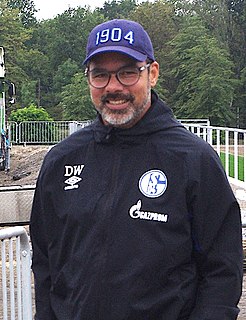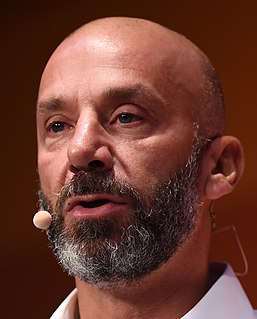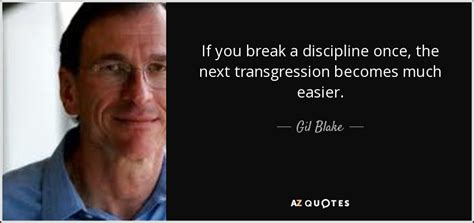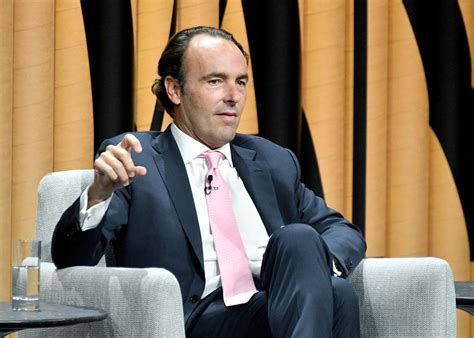A Quote by Geoffrey Moore
Without big data analytics, companies are blind and deaf, wandering out onto the Web like deer on a freeway.
Related Quotes
There is more interest in what is occurring in technology companies that impact news. Such companies don't have the same sense of transparency about what they do. They have a tradition of secrecy about products, mores and decision-making that goes along with Silicon Valley and intellectual property and technology. You cannot step onto the grounds of Google without signing a Non-Disclosure Agreement. That industrial secrecy mentality exists along with a theoretical sensibility about transparency on the Web, which is different than transparency inside companies that profit from the Web.
We get more data about people than any other data company gets about people, about anything - and it's not even close. We're looking at what you know, what you don't know, how you learn best. The big difference between us and other big data companies is that we're not ever marketing your data to a third party for any reason.
People of relatively low intelligence can be morally wonderful if they desire the right and the good (not necessarily under the description "right" or "good"). Their low intelligence sometimes results in their accidentally doing something wrong, but doing something wrong out of low intelligence alone is like stepping on a person's foot because you are (literally) blind or missing a cry for help because you are (literally) deaf. We do not judge the blind or deaf person as morally bad.




































